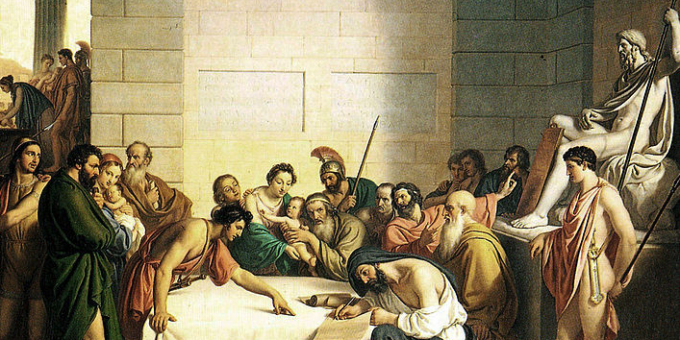
The ancient Greeks are known for their incredible achievements in philosophy, art, and science. But along with their well-known contributions to history, they also had some strange and fascinating customs that are worth exploring.
In this article, we’ll take a look at five strange but true facts about the ancient Greeks.
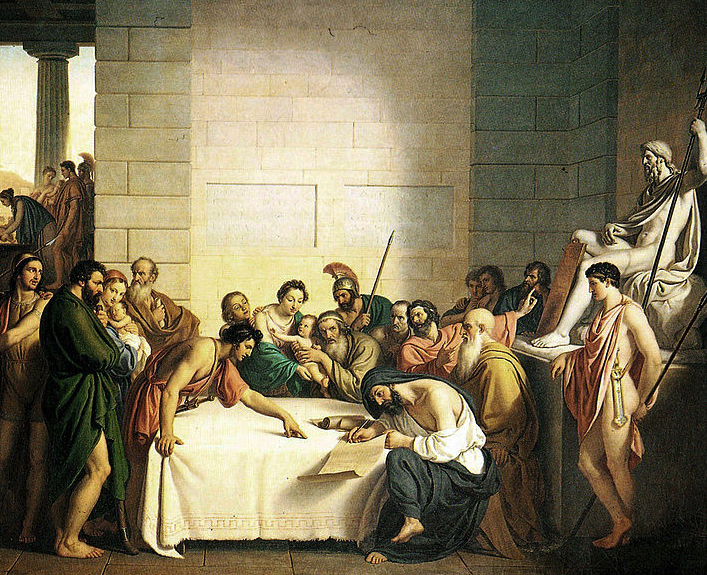
1. Spartan Infanticide
One of the most disturbing practices in ancient Greece was the inspection of newborns in Sparta. Spartan babies were checked at birth to determine whether they were strong enough to become warriors.
If a baby was deemed too weak, it was left to die of exposure. This practice was a way to ensure that only the strongest and most capable children survived and became part of the Spartan military.
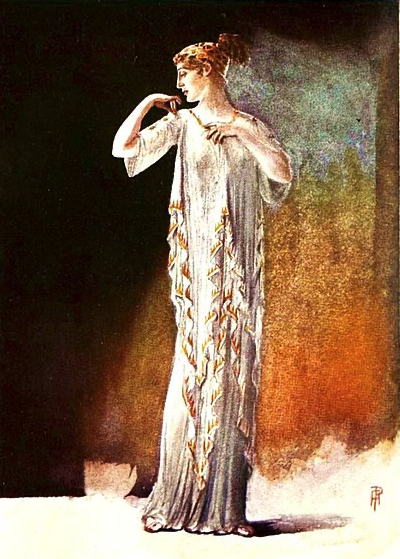
2. Blessing Sneezes
Have you ever wondered why people say “bless you” when someone sneezes? This custom originated in ancient Greece, where a sneeze was believed to be a sign from the gods.
When someone sneezed, it was thought that their soul momentarily left their body, leaving them vulnerable to evil spirits. Saying “bless you” was a way to protect them and bring them back to the present moment.
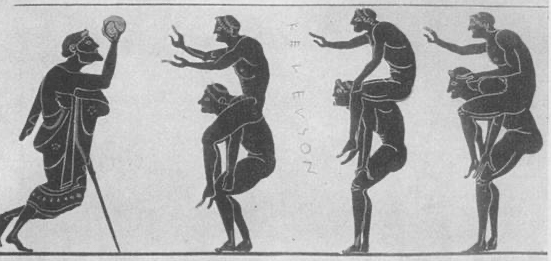
3. Naked Exercise
The ancient Greeks had a deep appreciation for the human body, and it was common for people to exercise and compete in the nude.
The word “gymnasium” actually comes from the Greek word “gymnos,” which means “naked.”
Physical fitness was highly valued in ancient Greece, and athletes would train for years to compete in the Olympic Games, which were held every four years.
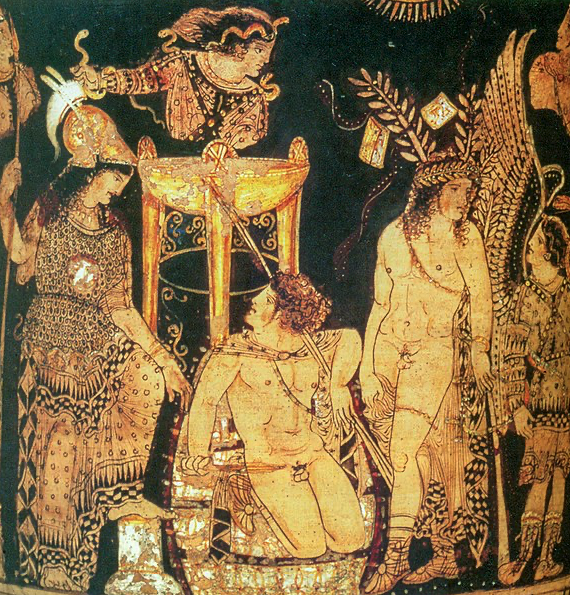
4. Owls as Symbols of Wisdom
The Greeks believed that owls were a symbol of wisdom, and that seeing an owl at night meant that Athena, the goddess of wisdom, was watching over them.
Owls were also associated with the god of wine, Dionysus, and it was believed that drinking too much wine could turn a person into an owl.

5. Ostracism
In ancient Greece, there was a voting system called ostracism, where citizens could vote to banish someone from the city-state for 10 years. This was done to prevent any one person from becoming too powerful.
Each year, citizens would write the name of a person they wanted to be ostracized on a piece of pottery, and the person with the most votes would be banished. Ostracism was a way to keep the balance of power in the city-state and prevent any one person from becoming too dominant.


The problem with ostracism was that once a man knew he was nominated the only way to avoid exile was to make sure someone else got more votes. Themistocles fought off several attempts to get rid of him.